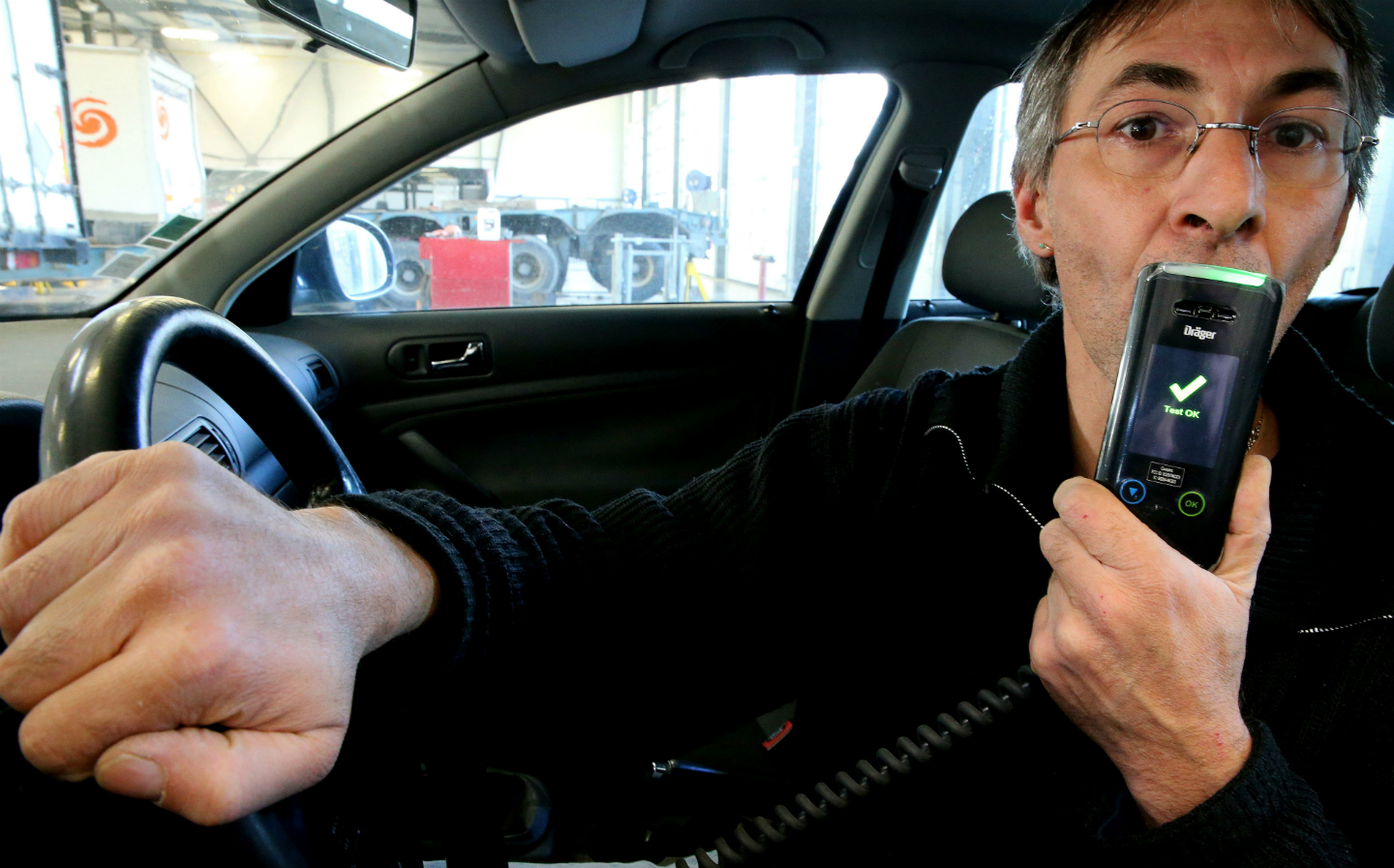Government considering in-car 'alcolocks' to curb drink-driving re-offending
The tech could, in theory, stop drivers who aren't sober from getting behind the wheel
THE UK government is considering the fitment of “alcolocks” in cars owned by drink-drivers, as a tool to help reduce the numbers of road accidents cause by repeat offenders.
In a road safety action plan, the Department for Transport (DfT) said it wants to investigate how it could use alcohol ignition interlocks as part of initiatives to rehabilitate drink-drivers.
Alcohol ignition interlocks, as they are more formally known, work in a similar manner to conventional breathalysers. In a car where the kit is fitted, the driver blows into the device, which measures the level of alcohol in their breath.
If the system detects the level is above the legal limit (35 microgrammes per 100ml of breath in England, Wales and Northern Ireland, and 22 microgrammes per 100ml in Scotland), it immobilises the vehicle’s engine, meaning the motorist won’t be able to drive until they’re sober enough to safely control the car.
Alcolocks for cars are not new technology — they have been on the radar of UK policy makers and law enforcers for some time. Durham Police began trialling the tech in February 2018, and the 2005 Road Safety Bill even made provisions for drink-drive offenders to “participate fully in an approved alcohol ignition interlock programme”.
Other countries have more advanced programmes using alcolocks as a way to prevent people from driving while under the influence. France introduced legislation in March 2019 that allows motorists caught over the drink-drive limit to avoid a ban if they fit an alcolock to their car, and all 50 states in the USA have some form of ignition interlock requirement for anyone caught drink-driving.
The DfT’s alcolocks review comes after road accident statistics revealed fatalities caused by road users over the legal alcohol limits are on the rise in the UK. Figures from 2016 showed up to 250 people were killed in drink-driving incidents, which is the highest level it’s been since 2012.
Provisional figures for 2017 imply that rate has increased even further, with estimates suggesting up to 330 road users lost their lives that year in alcohol-related crashes. The number of people injured in accidents is said to have fallen, however, from 9,040 drink-drive casualties in 2016 to 8,660 in 2017.
The number of overall accidents is said to have gone down as well, according to the provisional data, from 6,070 in 2016 to 5,730 the following year.
While car makers haven’t committed to installing alcolocks to their cars, some are making strides in preventing drunk drivers from getting behind the wheel. Volvo has said it’s developing an autonomous driving system that uses in-car cameras to monitor the driver and will automatically take control if it detects the motorist it too intoxicated to operate the vehicle.
Tweet to @J_S_Allen Follow @J_S_Allen
Volvo cars to detect drunk drivers and autonomously pull over





